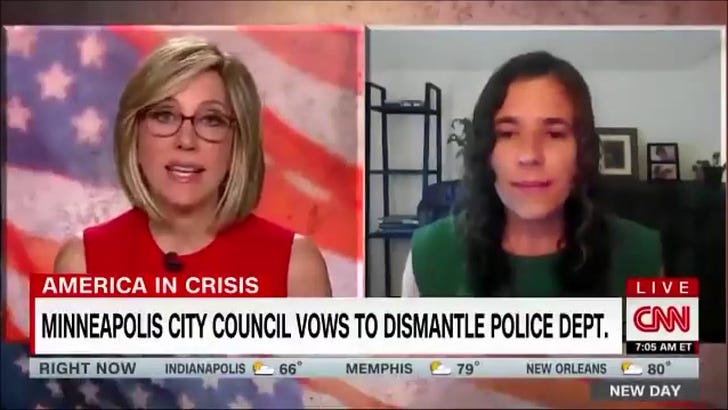Black People Never Wanted to Defund the Police
“What’s at Issue is the White Progressives’ Belief That They’re Helping Us”
Keep reading with a 7-day free trial
Subscribe to Shiny Herd to keep reading this post and get 7 days of free access to the full post archives.




